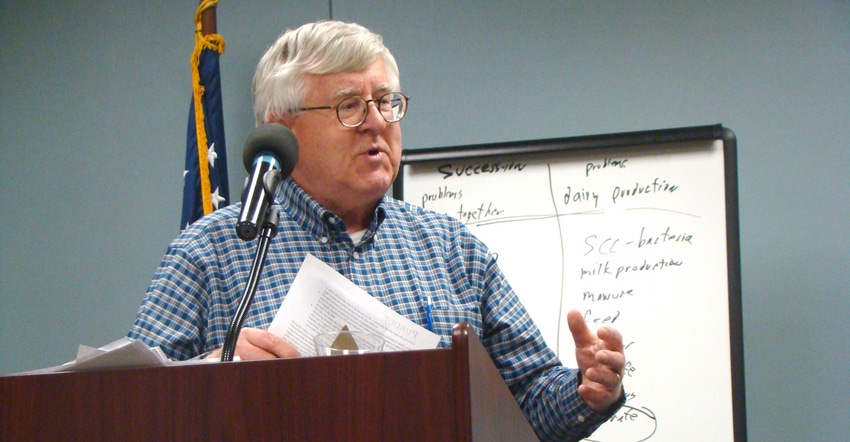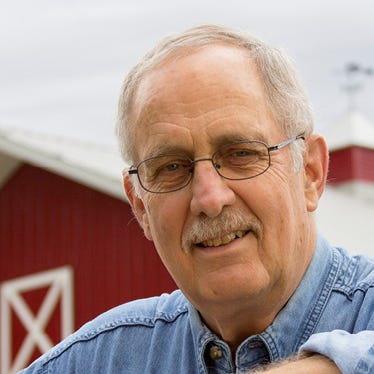March 23, 2020

When you hear the name Bill Field, the first thing that likely comes to mind is avoiding grain bin entrapments. As Purdue University’s well-known safety guru, Field preaches the importance of staying out of harm’s way, in grain bins and other dangerous farm situations.
But Field isn’t only concerned about avoiding grain bin or manure pit disasters. At a recent ag event in Logansport, Ind., sponsored by Schwarz Law Office, Field talked about rural mental health. Much has been written recently about the uptick in depression and suicides from farmers and their families facing stresses in an extended period of reduced incomes.
While there are times when appropriate professional services are needed, Field told his audience that you don’t have to be a psychiatrist, pastor or someone else with credentials hanging on the wall to make a big difference in the lives of those around you. Instead, many times all it takes to have a real impact on those who may be struggling emotionally is just having a caring heart, being aware of those around you, and displaying a willingness to step out of your comfort zone.
Have an impact
Field offered the following five simple steps to making a big difference:
1. Make home a “safe place.” Field teaches a course about homeland security at Purdue, and one of the first things he covers is, “Where does the caring begin?” He says it begins at home. “I have a 16-year-old daughter, and she needs to be able to come home and say, ‘Things aren’t going well,’ because it’s a safe place where she can come home and dump on us,” Field said. “We need to create more of these safe places.”
2. Make connections. After making sure your home is a safe place, look where else you have connections — your church, the Lions Club or the coffee shop. There’s something unique about bonding together. Maybe it’s a neighbor you get together with on a regular basis. “If so, have you ever told your neighbor, ‘I really appreciate you, because you care about me’?” Field asked.
3. Be willing to visit. Field said that in his church or community, if there’s someone he hasn’t seen for a while, he visits them. “I visited someone last Saturday,” he said, “and he said, ‘Why are you here?’ and I said, ‘Because I care.’ I thought he was going to cry. If you know someone who’s in the hospital, or who is going through a rough time, you have an obligation to visit. The rewards of doing this are immeasurable.”
4. Express emotions. Field has a class at Purdue full of young men, and he has a terrible time just getting them to say the word “love” out loud. “They know all about sex, but getting them to say the word ‘love’ is like pulling teeth,” Field said. “That bothers me. People need to express emotion and learn how to live it out. And some of you old guys — to be able to express emotion and say to your wife, ‘I screwed up, I’m sorry or I love you’ is, unfortunately, long overdue in far too many cases.”
5. Look around you. So, where do you find people who need some love or encouragement? “They’re everywhere,” Field said. “Don’t worry about what’s going on in Kansas. Just focus on what’s going on within a half-mile of your house.”
Boone writes from Wabash, Ind.
About the Author(s)
You May Also Like






